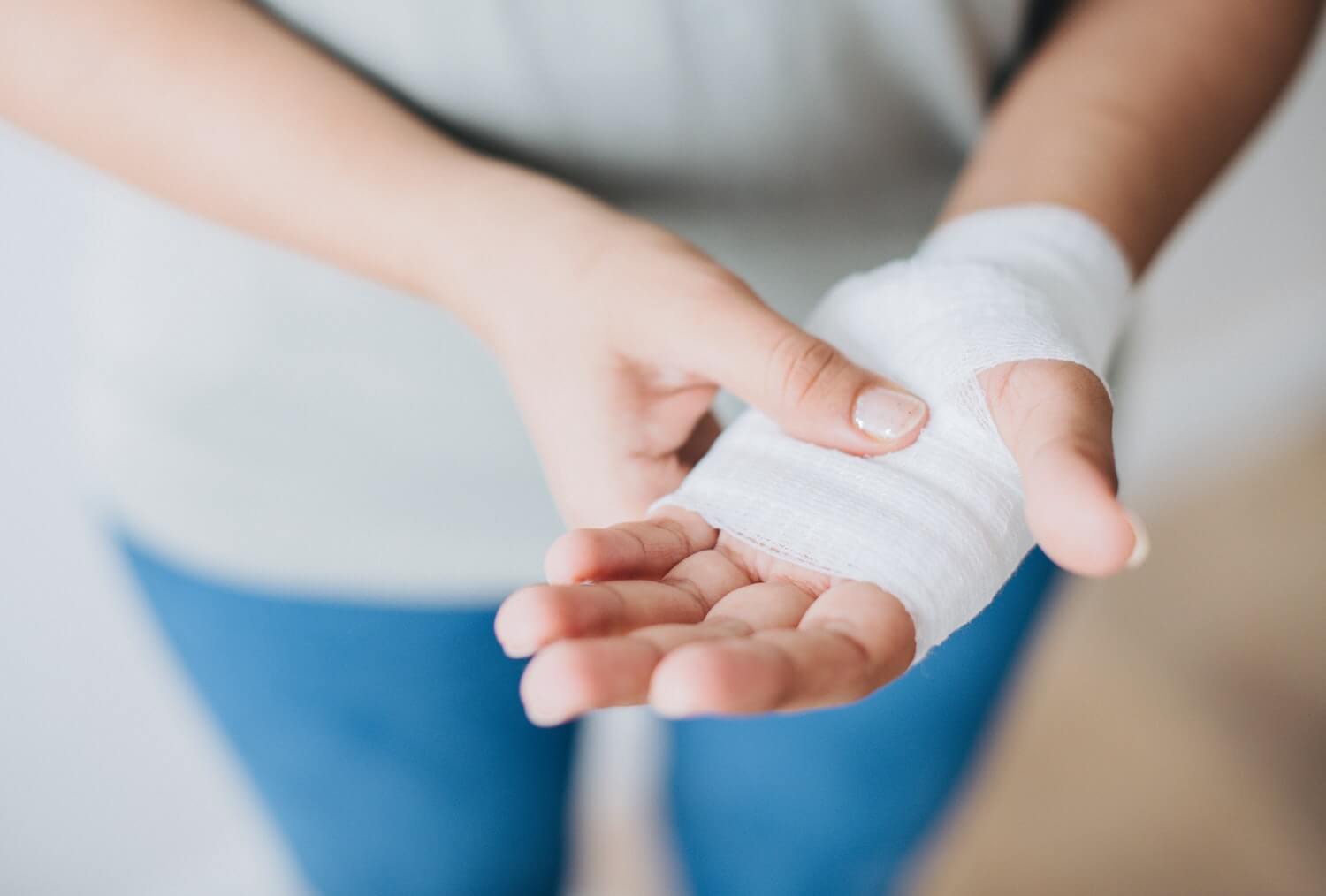
Recently, while loading the car before a long drive, I leant across the back seat to grab something and my back spasmed into pain. I then endured an agonising three-hour drive and several days of pain and immobility before a combination of acupuncture (in Newark), massage, deep heat pads and gentle yoga resolved it. I only got through the job of Emceeing The Nottingham Digital Summit in the midst of this with a combination of pain killers.
Yet even when it was at its worst, I had to remind myself that physical pain is a good thing.
What?! You cry. Are you saying: ‘No pain no gain’?
Well. Not exactly.
When we feel pain, our first impulse is to get rid of it. This is understandable, as the subconscious is wired, at a survival level, to move us away from pain and towards pleasure. But in our hurry to medicate the pain away we often fail to heed our body. Pain can be its way of telling us that there is a problem that needs to be addressed. For example, a headache is often our body’s way of telling us that we are dehydrated or hungry. Or stressed, as it can be an emotional issue and again a warning. Perhaps you need to create more balance, more rest and stop doing things that are hurting you.
Ignoring the warnings of physical and emotional pain, or immediately numbing them is not always the right thing to do.
For many years I worked at International Charity The Leprosy Mission. When the job was advertised, I already knew something about leprosy as I had read a book called The Gift of Pain by Dr. Paul Brand and Philip Yancey. It was given to me some years earlier as I faced cancer treatment. I thought it a rather insulting gift at first until I read it and discovered that in a world where people literally feel no pain they reap horrifying consequences. If people affected by leprosy can’t feel a hand or foot then they don’t know when they have damaged it and don’t seek help quickly enough. So, pain is a gift that none of us want and yet none of us can do without as it is a red flag to warn of danger.
If you suppress this warning, then it can cause serious damage. In the case of leprosy patients this is physical. In the case of most of my clients this is emotional. By numbing or suppressing unpleasant feelings (through alcohol, or shopping, or another diversionary tactic) you just internalise it and don’t take steps to understand and undo the root cause or change the present circumstances that are making it worse.
As Philip Yancey says: “I have come up with four ‘frontiers’ where every suffering person will do battle: the frontiers of fear, helplessness, meaning, and hope.”
Just as we tend to a cut on our arm by cleaning and bandaging it, we can treat an emotional pain such as a broken heart by surrounding ourselves with love and support. In both cases, the first step is to listen to our pain, work out what it is telling us and then explore what to do to heal ourselves.
What a gift.

